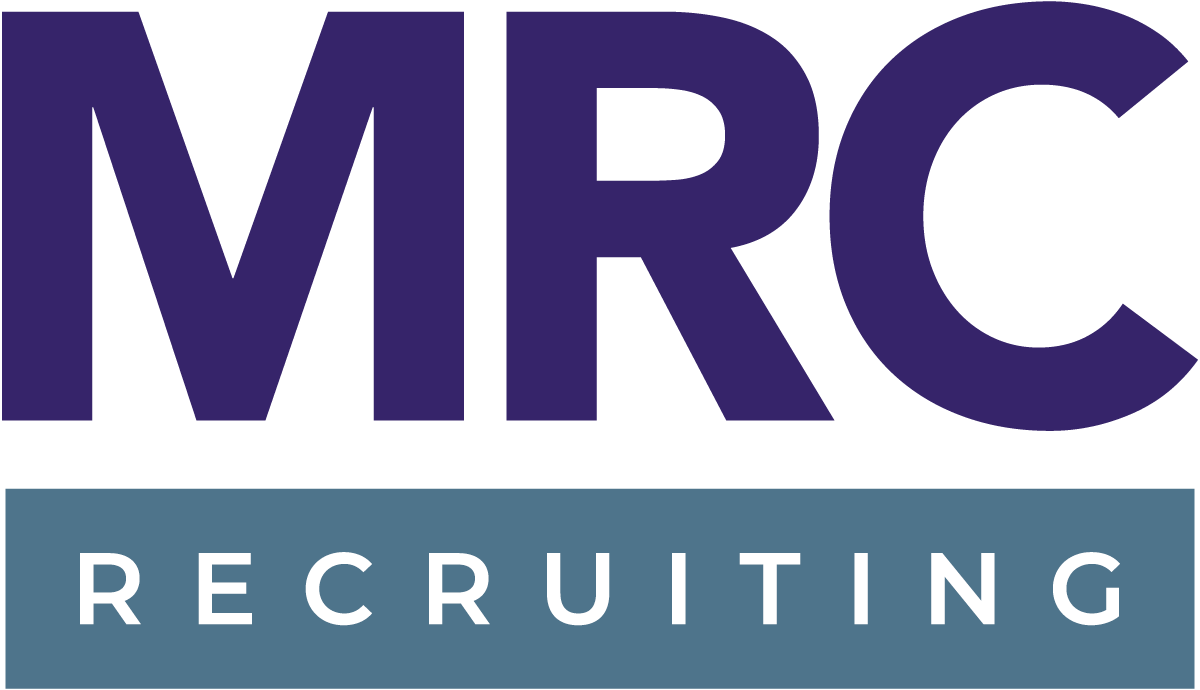When discussing international recruitment, the focus is often on the process, costs, and benefits for the hiring company.
However, I want to shift the spotlight to the candidate’s perspective today.
Drawing from my extensive experience in recruitment, spanning fields from vice presidents in the mining industry to carpentry and electrical work, I realize just how stressful the international recruitment process can be for candidates.
International candidates understand that participating in such a process means leaving behind everything they know—home, car, family, current job, and lifestyle—to embrace something entirely new, often in a foreign country with a different language.
The Interview
The initial step, and perhaps the most anxiety-inducing for candidates, is facing their first interview in another language.
Acknowledging fear and nerves that can take hold when communicating in a non-native language is crucial.
Even participants who demonstrate fluency in their second language during informal conversations can struggle during interviews with hiring companies.
Communication problems can arise and act as a barrier that prevents candidates from seizing life-changing opportunities.
My advice to hiring managers?
Give grace during formal and informal conversations.
And what happens when the right person with the right skills has limited proficiency in the second language?
Don’t look past them.
If they’re willing to invest a few months in studying the language and return fully prepared to conquer an interview, your company could gain valuable expertise. Building a great team isn’t done in a day.
Companies should be prepared to play the long game.
The Salary Range
Another critical aspect is understanding the salary range in the candidate’s prospective new country and city.
Currency and regional differences can significantly vary from a candidate’s current residence.
As recruiters, it’s our responsibility to guide candidates in comprehending the value of their education and experience, and how it fits into the new country.
At MRC, we work together to establish a fair salary that aligns with the interests of both the company and the employee.
The Long-Awaited Beginning
Once the long-awaited moment arrives and the candidate begins working with the hiring company, a mix of nervousness and excitement takes over.
This is a good feeling!
New employees know they will soon meet their new coworkers and are determined to excel in their new roles.
Oftentimes, candidates harbor high expectations. They anticipate a remarkable first day with a comprehensive and transparent onboarding process that addresses all their concerns.
Reality sometimes falls short of these expectations, leaving candidates feeling somewhat disappointed.
This is a critical juncture, and hiring companies should allocate time and effort to establish a robust onboarding process.
It is imperative for them to not only provide a smooth onboarding experience but to be equipped with the knowledge and empathy required to understand and navigate cultural differences.
By investing in a comprehensive onboarding program, companies can ensure new employees feel welcomed, supported and equipped to thrive in their new work environment.
Fostering an inclusive and culturally sensitive atmosphere contributes to a more harmonious and productive workplace.
By shedding light on the challenges faced by candidates in international recruitment, we can better appreciate their perspective and offer the necessary support throughout the process.
This approach ensures candidates feel valued and empowered, ultimately leading to successful placements that benefit both parties.
Celine has worked in Canadian, U.S., and international recruitment arenas. Her heart lies with engaging, developing, and retaining global talent for the mining industry. From business development, account management, international acquisition, and fluency in three languages, Cilene has all the skills to bring top-tier talent to the resource sector.
If you’re looking to hire your next team member, MRC can help, connect with us.

